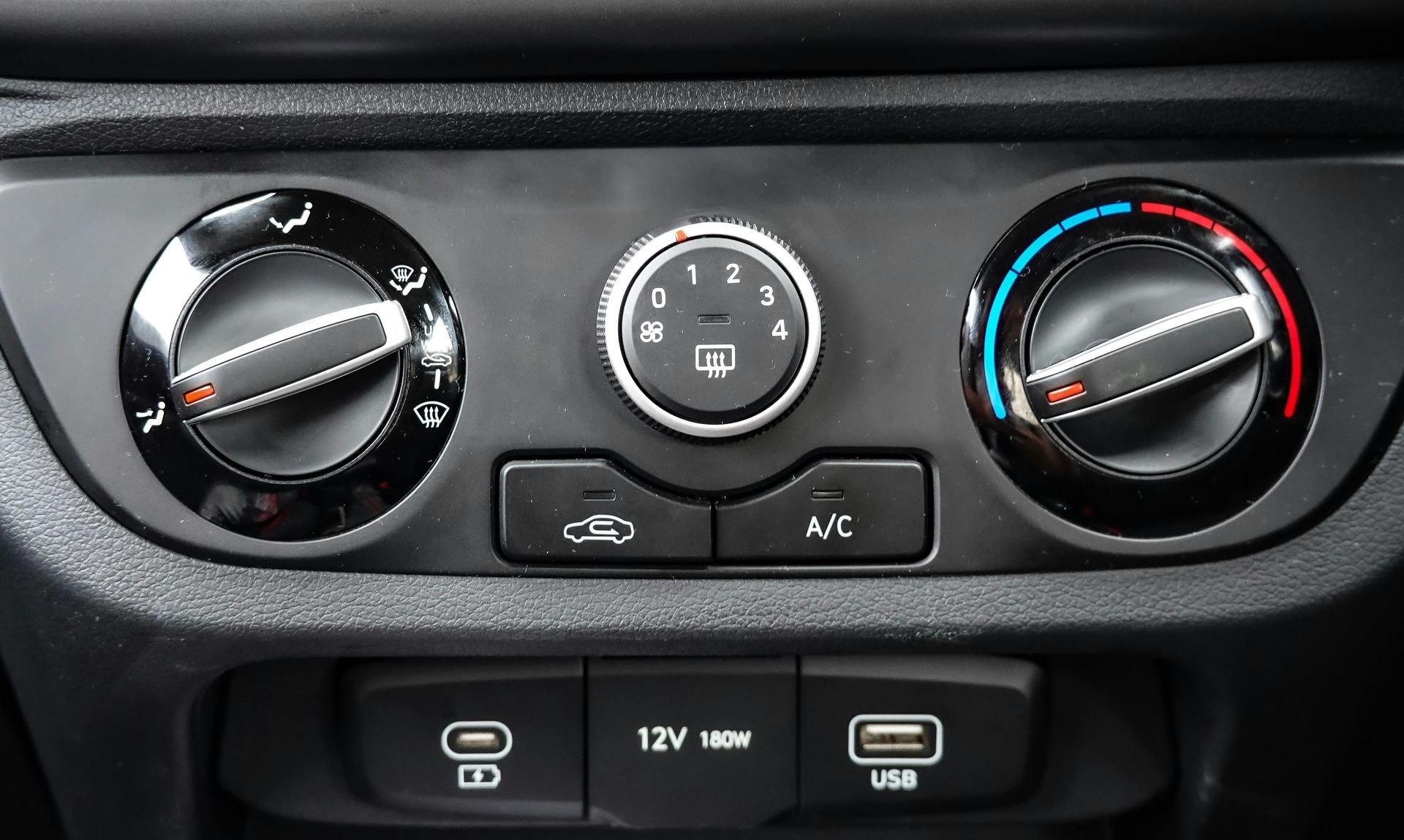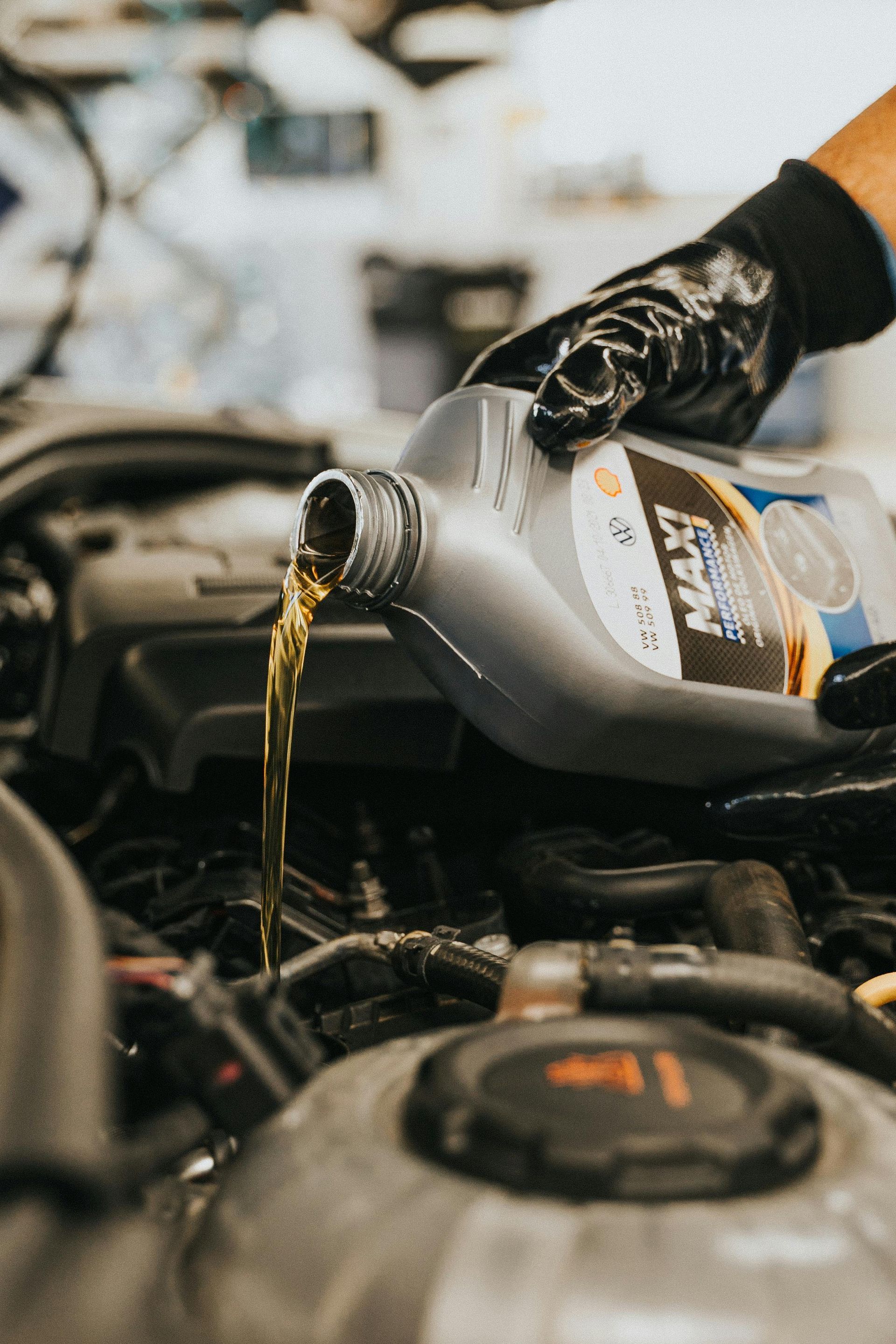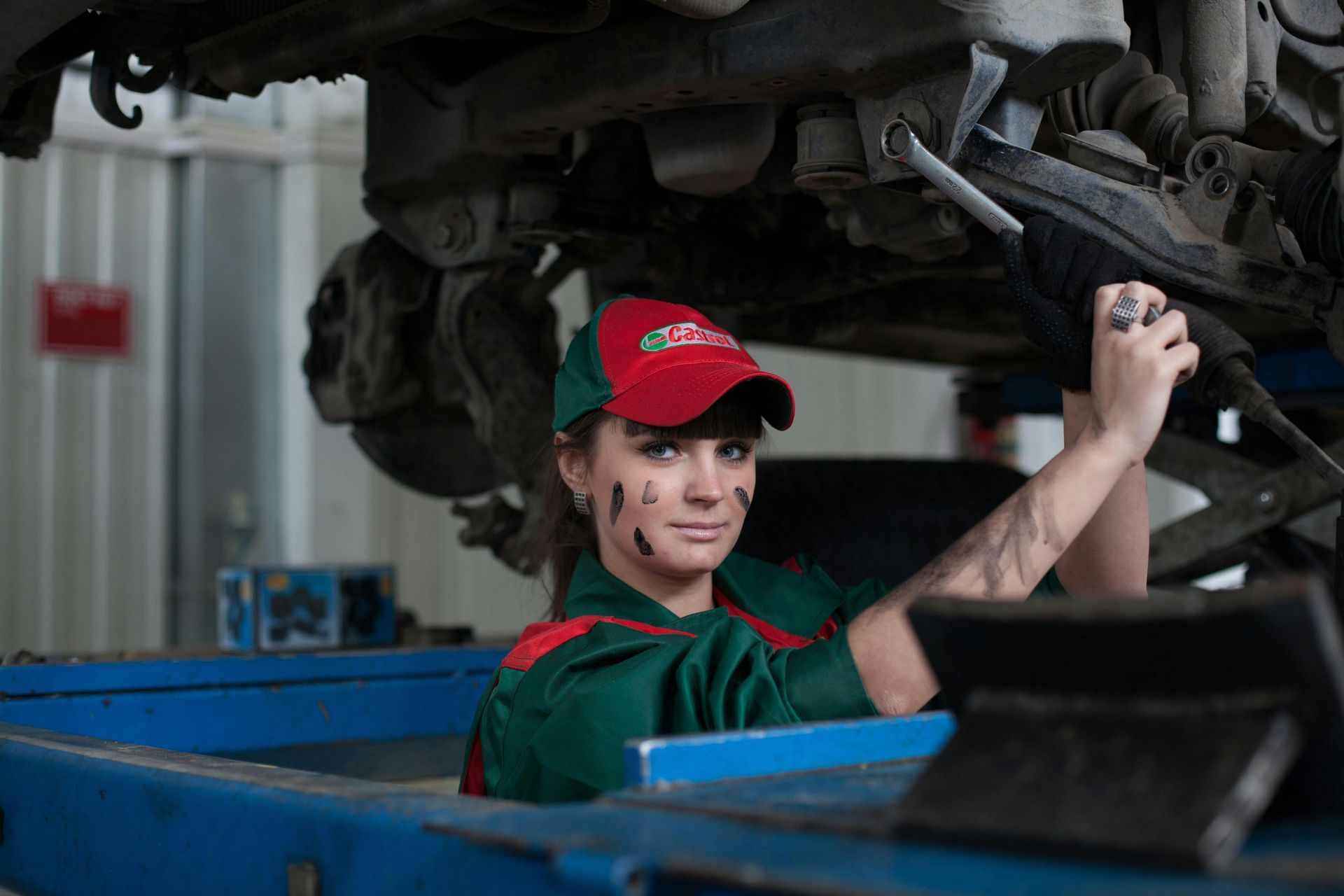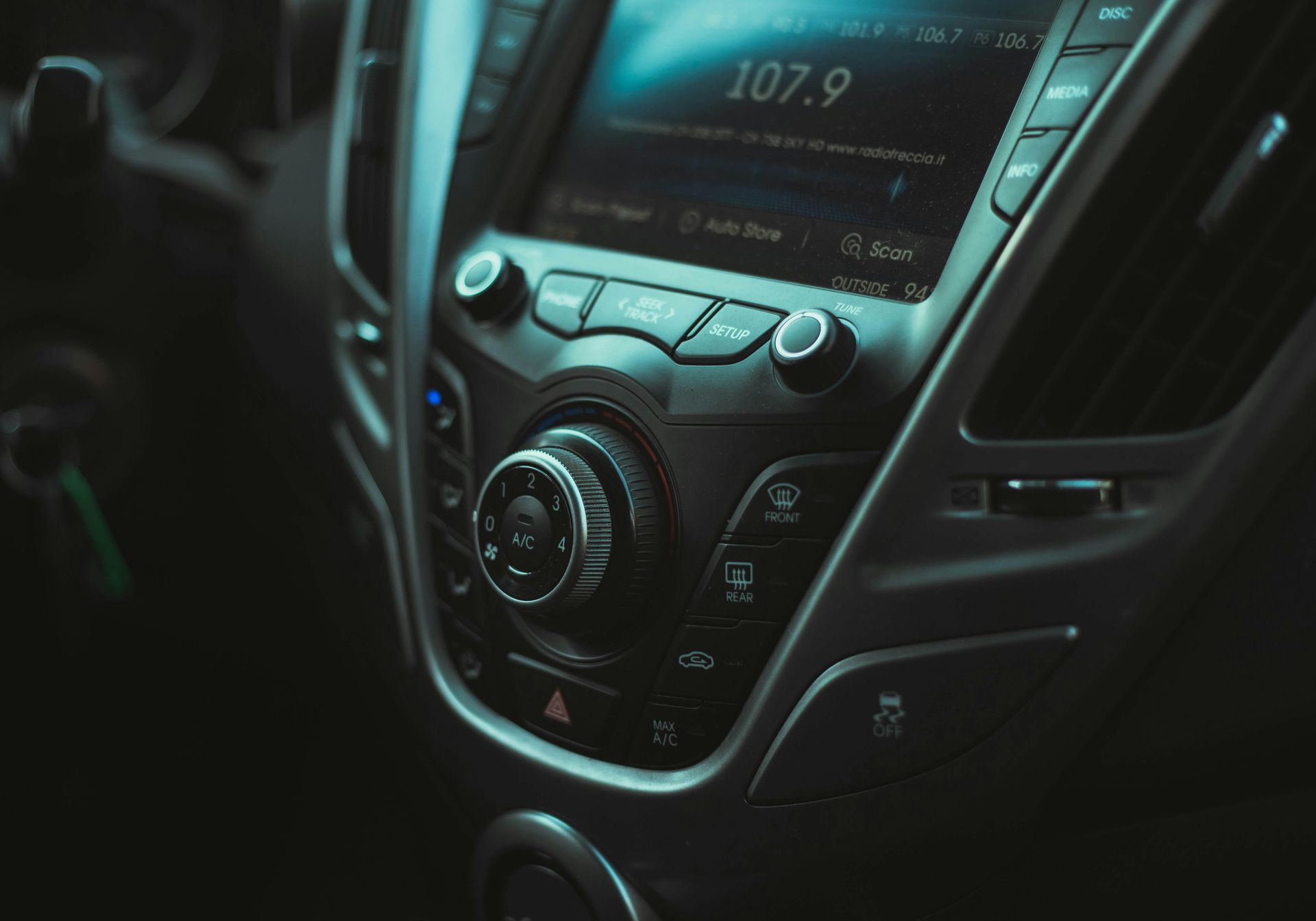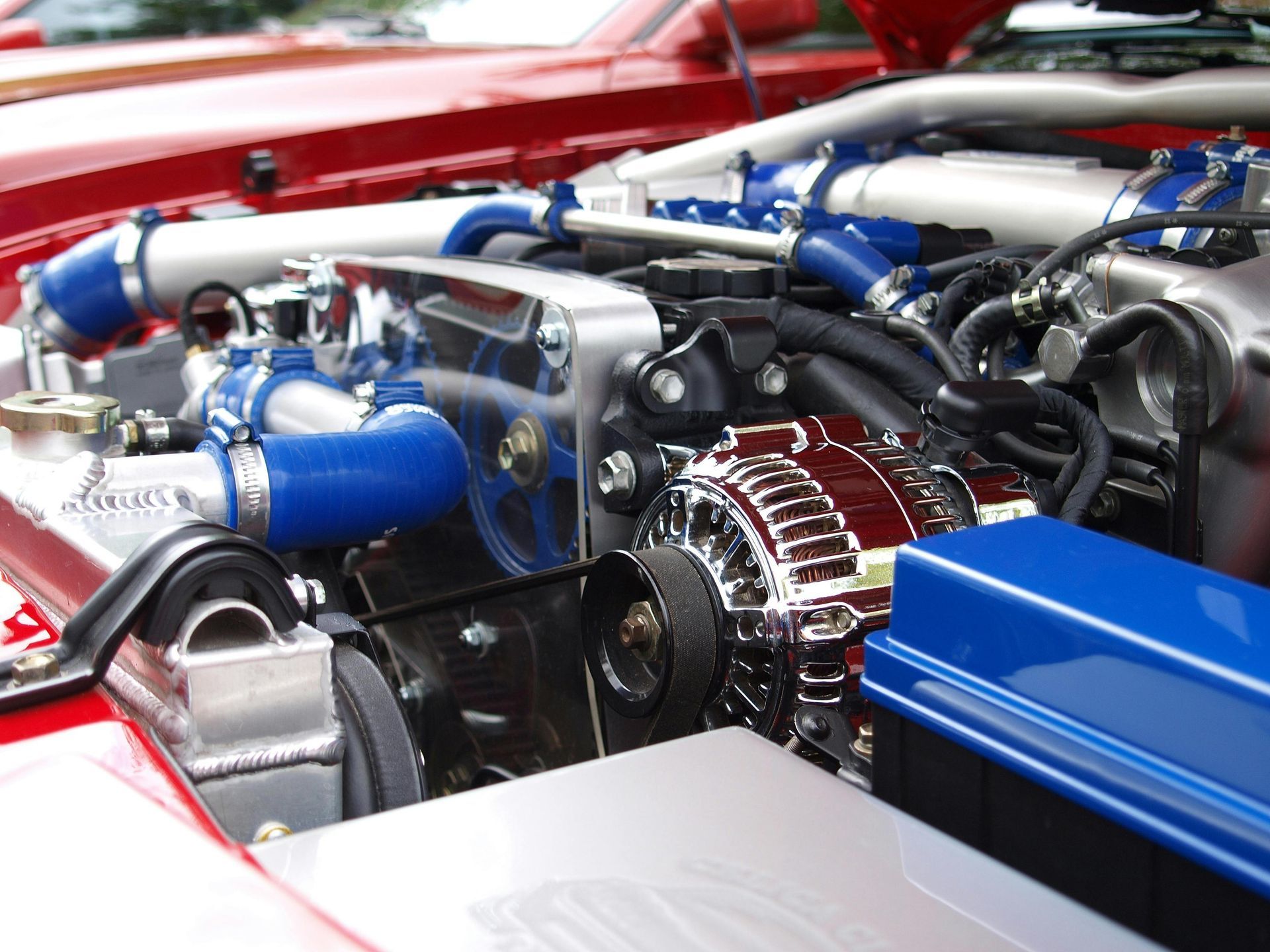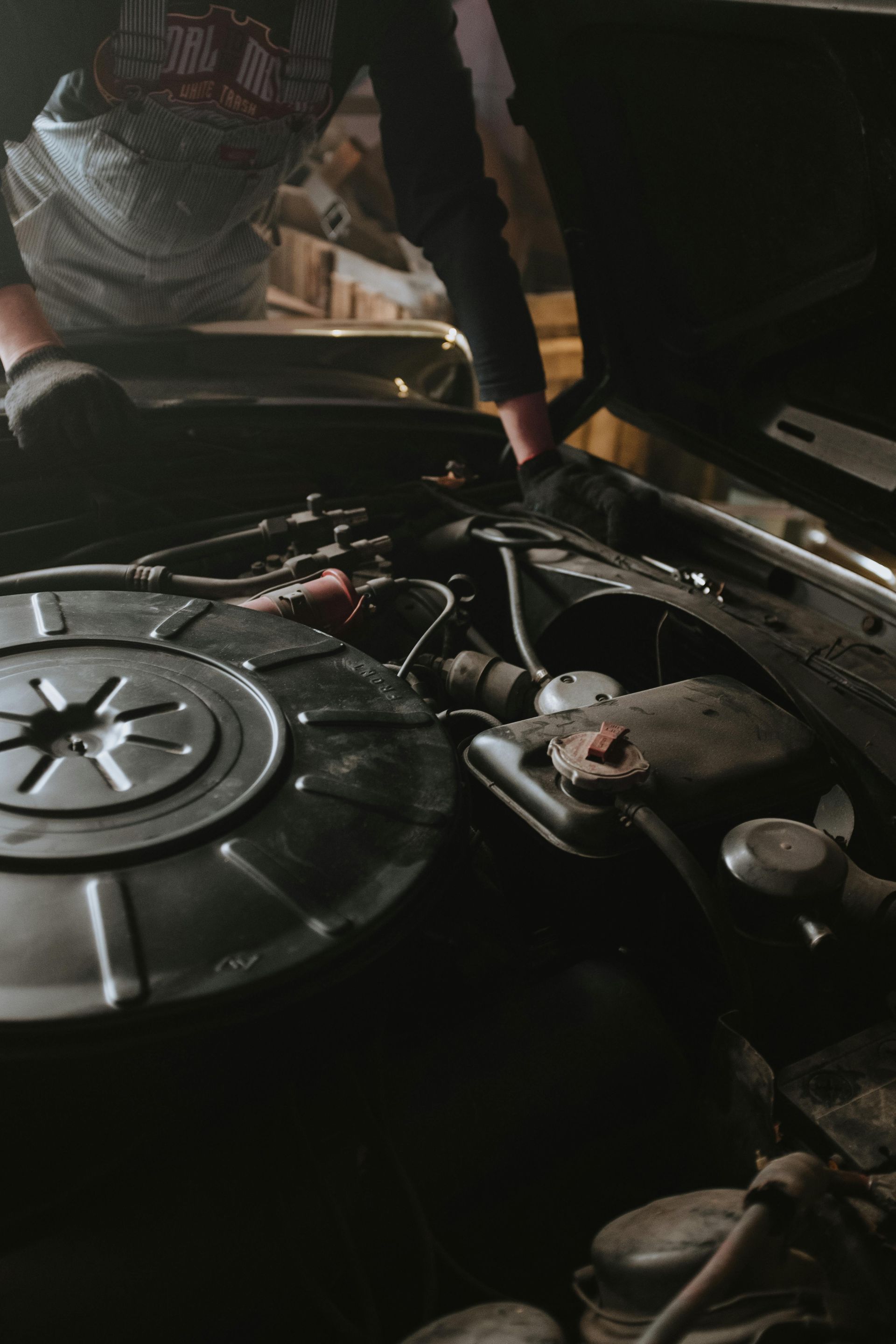Top 5 Signs Your Brakes Need Immediate Attention
Your vehicle's braking system is arguably its most critical safety feature, especially in a place like Colorado Springs where steep mountain roads, unexpected wildlife crossings, and rapidly changing weather conditions demand peak braking performance. Recognizing the warning signs of failing brakes can be the difference between a safe stop and a serious accident. Here are the top five indicators that your brakes need immediate professional attention.
1. Unusual Noises When Braking
One of the most common and obvious signs of brake problems is unusual noise when you apply the brakes.
Squealing or Screeching: That high-pitched noise typically indicates that your brake pads have worn down to their wear indicators – thin metal tabs designed to create noise when pads need replacement. This is your vehicle's built-in early warning system.
Grinding or Growling: This more serious sound suggests your brake pads have worn completely through, causing metal-to-metal contact between your calipers and rotors. This requires immediate attention to prevent expensive rotor damage.
Why it's urgent in Colorado Springs: Our city's steep descents, like those on Gold Camp Road or coming down from Cheyenne Mountain, put tremendous strain on braking systems. What might be a minor issue on flat terrain can quickly become dangerous on our local roads.
2. Vibration or Pulsation When Braking
If your brake pedal vibrates or pulsates when pressed, or your steering wheel shakes during braking, your vehicle is telling you something's wrong.
What it means: This symptom typically indicates warped brake rotors. Rotors can warp from excessive heat buildup, often caused by aggressive braking or towing heavy loads.
Local consideration: Colorado's mountain passes and steep city streets require frequent braking, which generates heat that can warp rotors faster than in flatter regions. Additionally, our dramatic temperature swings contribute to metal expansion and contraction that can accelerate warping.
3. Soft or Spongy Brake Pedal
A brake pedal that feels soft, spongy, or sinks toward the floor without much resistance signals a potentially dangerous condition.
What it indicates: This often points to air in your brake lines, a fluid leak in your braking system, or failing brake components. Any of these issues compromise your stopping power.
Colorado Springs factor: Our extreme seasonal temperature variations can accelerate the deterioration of rubber brake hoses and seals, making fluid leaks more common. Additionally, moisture from our snowy winters can introduce water into brake fluid, reducing its effectiveness.
4. Burning Smell While Driving
If you detect a sharp, chemical odor similar to burning carpet while driving, particularly after repeated braking, pull over safely as soon as possible.
What it suggests: This smell typically indicates overheated brakes. Continuing to drive with overheated brakes can lead to brake fade – a dangerous condition where your brakes temporarily lose stopping power.
Why it matters here: The descent from mountain attractions like Pikes Peak or even local roads with significant elevation changes can cause brakes to overheat quickly. Our tourist-heavy areas mean many drivers unfamiliar with mountain driving techniques may experience this issue.
5. Warning Light on Dashboard
Modern vehicles are equipped with sophisticated monitoring systems that can detect problems before you notice them.
What to watch for: An illuminated ABS light or brake warning light on your dashboard should never be ignored, even if your brakes seem to be working normally.
Local importance: Colorado's challenging driving conditions mean your brake system needs to function at 100% capacity. Warning lights might be detecting reduced braking efficiency that becomes dangerous when you suddenly encounter elk on Highway 24 or need to stop quickly on ice.
Additional Warning Signs to Watch For
While the above five signs are the most critical indicators that you need immediate brake service, also pay attention to:
- Pulling to one side when braking: This could indicate a stuck caliper or uneven brake pad wear
- Longer stopping distances: If your vehicle takes longer to stop than it used to, your brakes are losing efficiency
- Brake pedal goes to the floor: This dangerous condition suggests a master cylinder failure or major brake fluid leak
- Excessive brake dust on wheels: Abnormal amounts of dark dust on your wheels can indicate premature brake pad wear
Why Colorado Springs Drivers Should Be Extra Vigilant
Our unique local conditions create special challenges for braking systems:
- Extreme elevation changes that put extra stress on brakes
- Frequent freeze-thaw cycles that can introduce moisture into brake systems
- Gravel and dirt roads leading to many local attractions that accelerate brake wear
- Sudden summer thunderstorms that can reduce traction and demand optimal braking performance
- Winter driving conditions requiring brakes to work perfectly when traction is limited
Need Professional Brake Inspection or Repair?
At Action Automotive Service, we understand the critical importance of properly functioning brakes in Colorado Springs' challenging driving environment. Our ASE-certified technicians use the latest diagnostic equipment to identify brake issues quickly and accurately.
Don't wait until your brakes fail on a mountain descent or during a sudden stop in traffic. Contact us today at (719) 633-0008 or visit our convenient location at 3335 Fillmore Ridge Heights for a comprehensive brake inspection or repair. Your safety on Colorado Springs roads is our top priority, and we'll ensure your vehicle stops reliably in all our local driving conditions.
